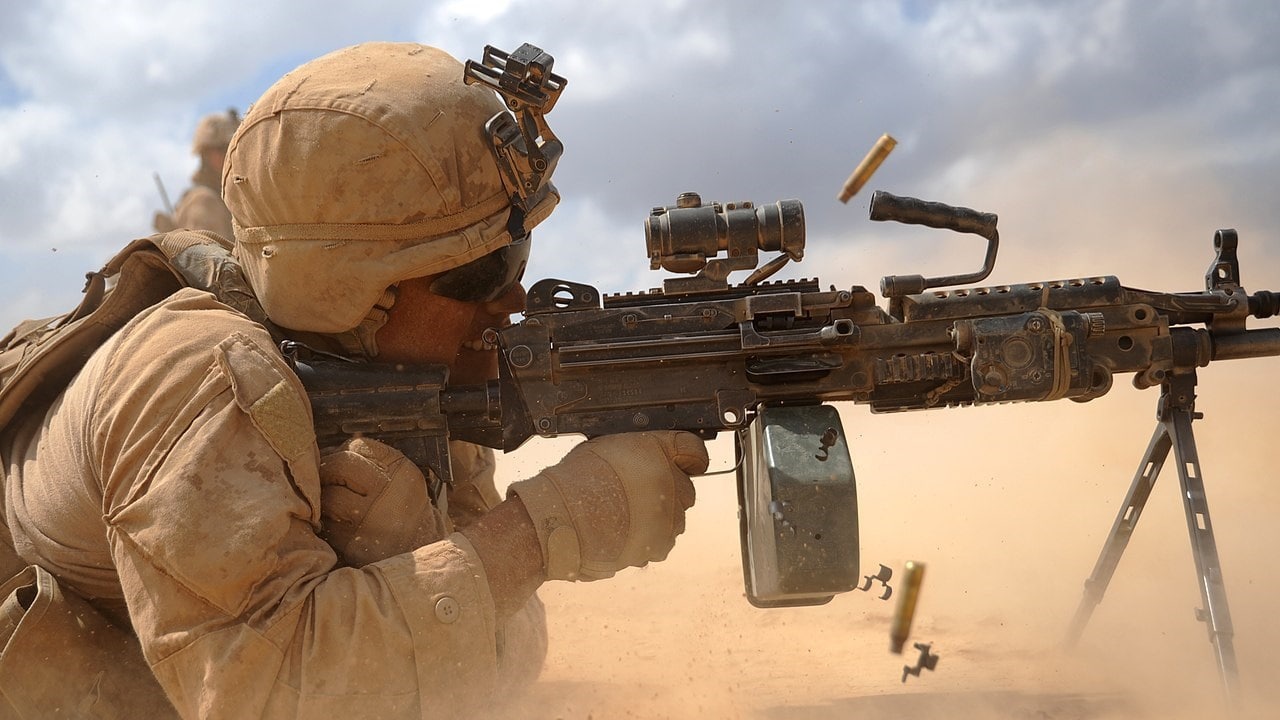It’s a recurring theme in military history, and perchance it’s been recurring in my extracurricular reading of late: sometimes a less-than-fervent general or admiral finds himself in charge of an expedition. That can create a quandary. The commander may be leery of the purposes impelling the enterprise, the methods he’s instructed to deploy to fulfill those purposes, or both. He might even sympathize with the foe. Commitment to the cause may suffer at the top of an expeditionary force.
What’s a soldier—or his political masters—to do?
Examples of civil-military dissent are legion. As Thucydides, the father of history, tells it, two-plus millennia ago the Athenian assembly assigned a troika of generals to head up a campaign to Sicily in hopes of securing the import-dependent city’s grain supply while flanking rival Sparta. The assembly recalled one commander to stand trial on spurious religious charges, another perished during the early going, and the last—Nicias, who had tried to dissuade Athenians from undertaking the expedition in the first place—ended up overseeing it.
One of history’s iconic martial catastrophes resulted.
Nor is this phenomenon unique to antiquity. As Colin Martin and Geoffrey Parker note in their splendid new history of the Spanish Armada (1588), the fleet commander, the duke of Medina Sidonia, harbored grave doubts about the venture’s prospects for invading England and killing or capturing Queen Elizabeth I. And yet Medina Sidonia proceeded anyway despite his misgivings. The Armada met its doom through a toxic combination of ill fate, bad weather, and English seamanship and gunnery.
The result, as in classical Greece: disaster.
Or how about eighteenth-century North America? That’s when the British leadership selected General William Howe and Admiral Richard Howe to enforce the crown’s interests in the wayward American colonies. But the brothers Howe were a liberal-minded sort, inclined to agree with the colonists that the king’s American subjects should be afforded the rights enjoyed by Englishmen in England. As a result the Howes seemed loath to strike the killing blow they could have struck against the Continental Army in 1776. George Washington’s army lived to fight another day, adapted its strategy, and, as Nathaniel Philbrick shows, prevailed in the end with hypergenerous help from France.
Another cataclysm at arms. For Britain, anyway.
And Shelby Foote documents how, during the American Civil War clash at Gettysburg (1863), the second-in-command of the Confederate Army of Northern Virginia, General James “Pete” Longstreet, dissented from supreme commander General Robert E. Lee’s concept for the campaign. Longstreet went into Pennsylvania believing the army would wage strategic offense through tactical defense. It would carry the fight across the Potomac River into Union territory, that is, but when fighting loomed it would attempt to seize advantageous ground and defy the Union Army of the Potomac to come and take it at extreme cost.
By contrast Lee’s vision was all offense, all the time. Longstreet was dismayed when the Blue army occupied the heights around Gettysburg, leaving the numerically inferior Gray host to dash itself against fortified positions. The climax came on the third day of battle, when Lee ordered Longstreet to assault the Union center across three-quarters of a mile of open ground, uphill, into the teeth of enemy cannon and rifle fire. Dubbed “Pickett’s Charge” for the division commander who led it, the Confederate death ride became a synonym for reckless futility on the battlefield.
Four debacles out of four cases. That’s a pattern.
Disloyalty isn’t the problem. In none of these instances did the commander deliberately sabotage the expedition entrusted to him. And yet. In three of the cases—the Peloponnesian War, the Spanish Armada, and the War of American Independence—statesmen bestowed almost limitless authority on the commander. They had to, or forego the endeavor. After all, it was impractical to supervise operations from afar given the rudimentary—at best—state of command-and-control technology and techniques of the age. And in each case the designee was a doubter.
Doubt and disagreement mattered.
The upshot is that it seems imperative to appoint a commander in tune with the politicians back home if he will wield ultimate power over the conduct of a campaign. In such cases the general is a direct, superempowered extension of politics as well as an operational overseer. His judgment should align with that of officialdom, letting him act as a proxy for his political masters. Ambivalence about the campaign’s direction bodes ill.
And in all four cases, you have to wonder whether qualms about a campaign’s goals or strategy took something off the ingenuity or zest a loyal but skeptical commander brought to the undertaking. If warding off disaster or modulating the campaign’s military punch becomes a supreme commander’s chief priority, chances are the effort will fall short of its operational, strategic, and political aims. Secondary concerns tend to give way.
As a rule military folk do the bidding of political grandees out of duty and honor, agree or not. But military history implies that statesmen are best advised to seek out an executor in full concord with the cause.
All hail true believers.
Dr. James Holmes is J. C. Wylie Chair of Maritime Strategy at the U.S. Naval War College and a Nonresident Fellow at the University of Georgia School of Public and International Affairs. The views voiced here are his alone.

